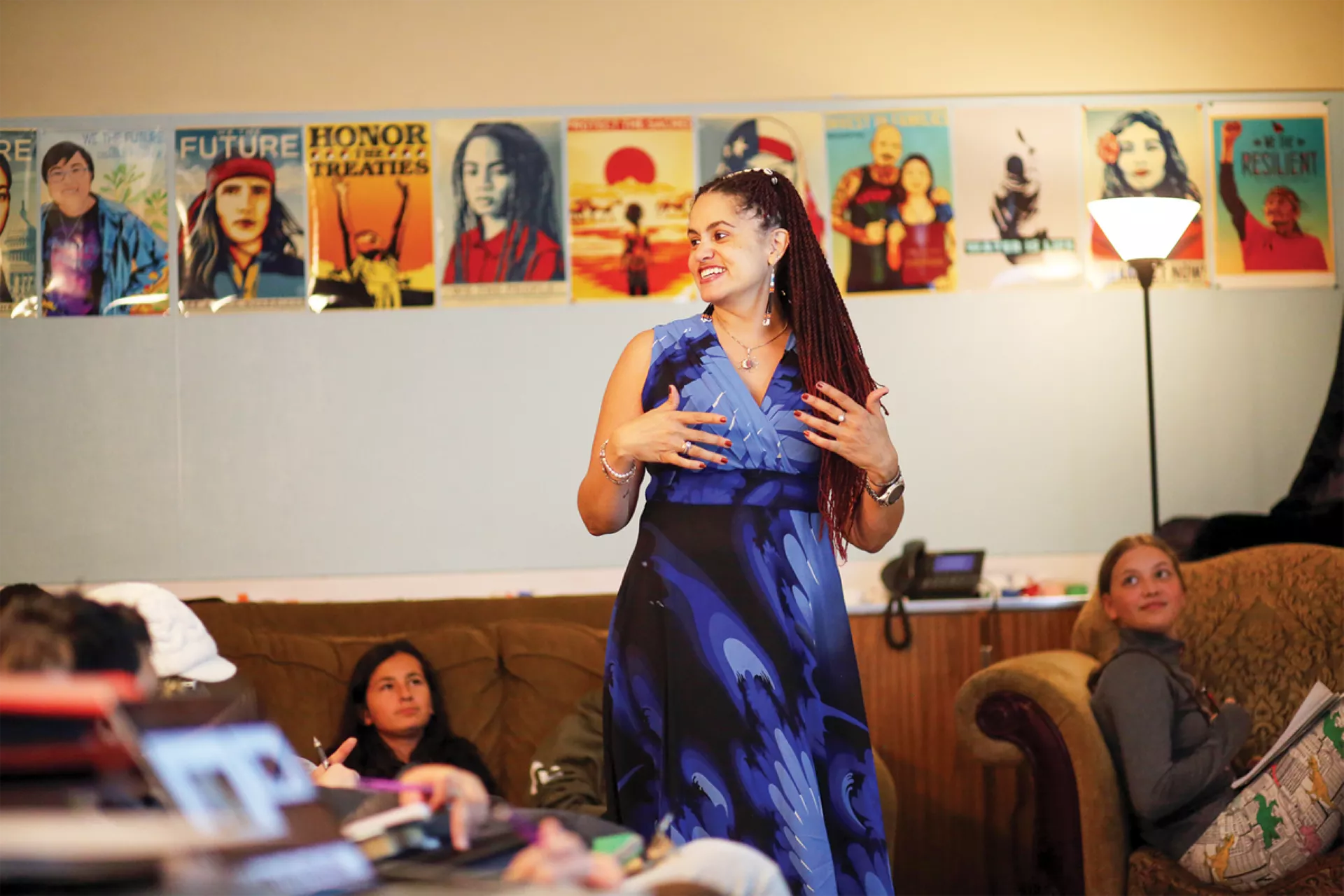Oregon’s Educational Equity Standards
Oregon has three complimentary social science standards to advance equity and culturally relevant and responsive education and that have important implications for social science instruction in Oregon’s K-12 schools.
- Tribal History/Shared History (SB13)
- Holocaust & Genocide Education (SB664)
- Ethnic Studies (HB2845)
OEA has partnered with various organizations and active members to provide professional learning on these three sets of standards including recorded webinars accessible at tinyurl.com/OEArecordings and online book studies and courses, accessible at grow.oregoned.org. OEA’s Eye on Equity pages also provides numerous professional learning and instructional resources on a wide range of culturally relevant and responsive pedagogy.
Supporting All Students and Educators
Oregon has taken several steps to align laws, policies and programs to ensure all students and educators can access a quality education, including LGBTQ2SIA+ students and educators. Oregon’s laws prohibit discrimination on the basis of gender identity or sexual orientation, including in public schools. Additionally, Oregon has created and funded the LGBTQ2SIA+ Student Success Plan. The plan was written to address barriers to educational success for Oregon students who identify as lesbian, gay, bisexual, pansexual, transgender, queer, questioning, Two Spirit, intersex, asexual, nonbinary, and the myriad of marginalized gender identities and sexual orientations represented by the (+). The student success plan establishes a framework for creating safe, inclusive and welcoming schools for LGBTQ2SIA+ students. Oregon law extends these protections to school staff as well.
Learn more about Oregon’s efforts to support LGBTQ2SIA+ students here. These resources include guidance for schools Supporting Gender Expansive Students including using gender affirming names and pronouns in student information systems, FAQs about the discrimination complaint process in K-12 schools, and gender-affirming care resources.
School staff who feel they are being discriminated against or targeted because of their gender expression or identity should contact OEA’s public attack response team.
